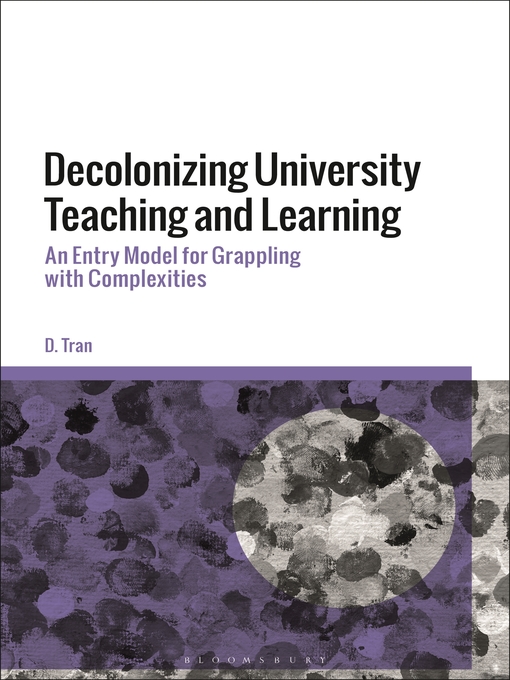- Biography & Memoir
- Business & Finance
- Computer Technology
- Education
- Mathematics
- Medical & Nursing
- Psychology
- Social Sciences
- Personal & Academic Success
- Computer Programming
- Religion & Biblical Studies
- See all nonfiction collections

-
Creators
-
Publisher
-
Release date
May 20, 2021 -
Formats
-
Kindle Book
-
OverDrive Read
- ISBN: 9781350160033
-
EPUB ebook
- ISBN: 9781350160033
- File size: 569 KB
-
-
Accessibility
No publisher statement provided -
Languages
- English
Why is availability limited?
×Availability can change throughout the month based on the library's budget. You can still place a hold on the title, and your hold will be automatically filled as soon as the title is available again.
The Kindle Book format for this title is not supported on:
×Read-along ebook
×The OverDrive Read format of this ebook has professional narration that plays while you read in your browser. Learn more here.